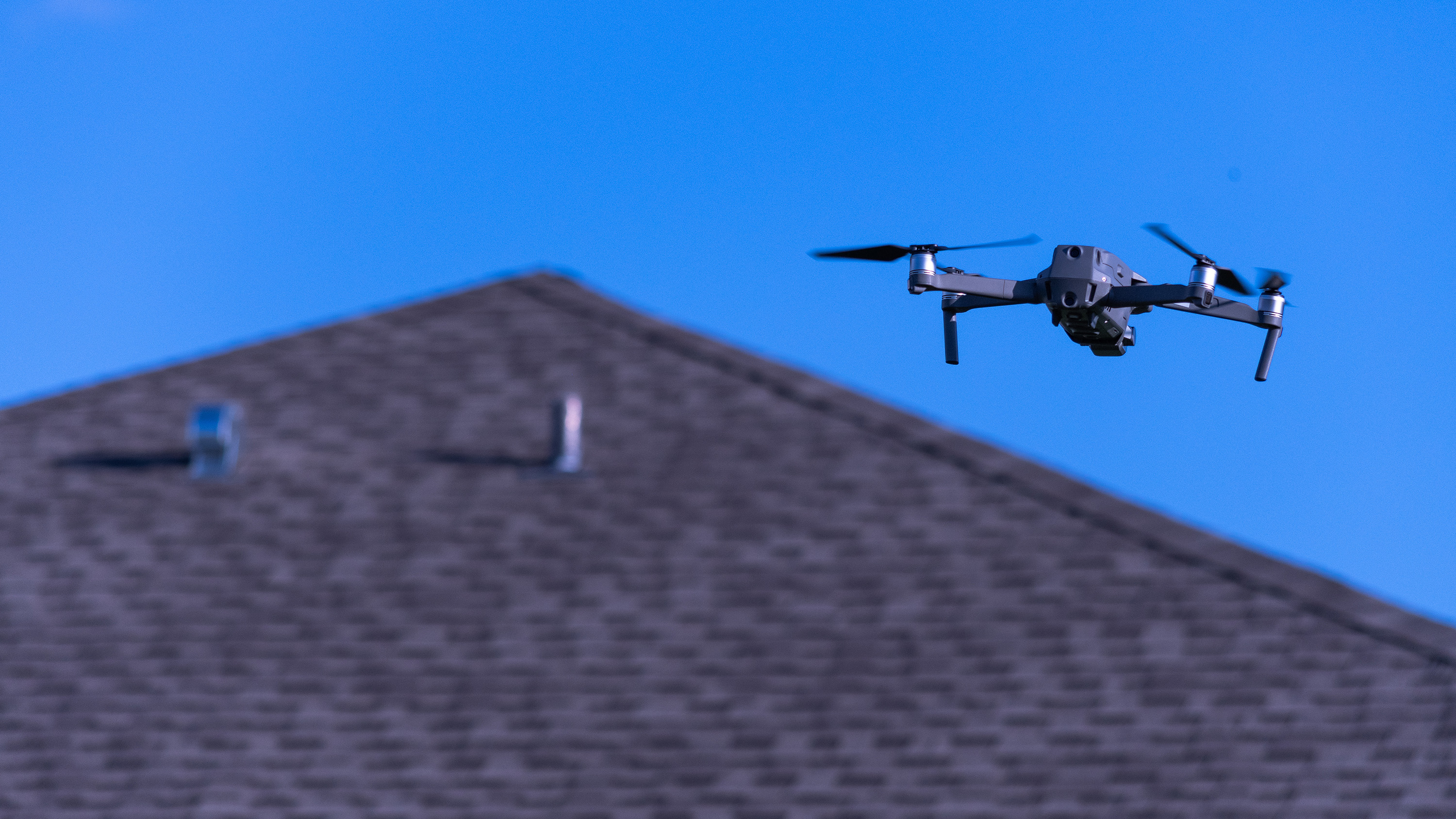Shock jock photographer Toscani celebrates 80th birthday in fashion
The enfant terrible of fashion photographer turned 80 this year, as his arresting images are shown in two major exhibitions
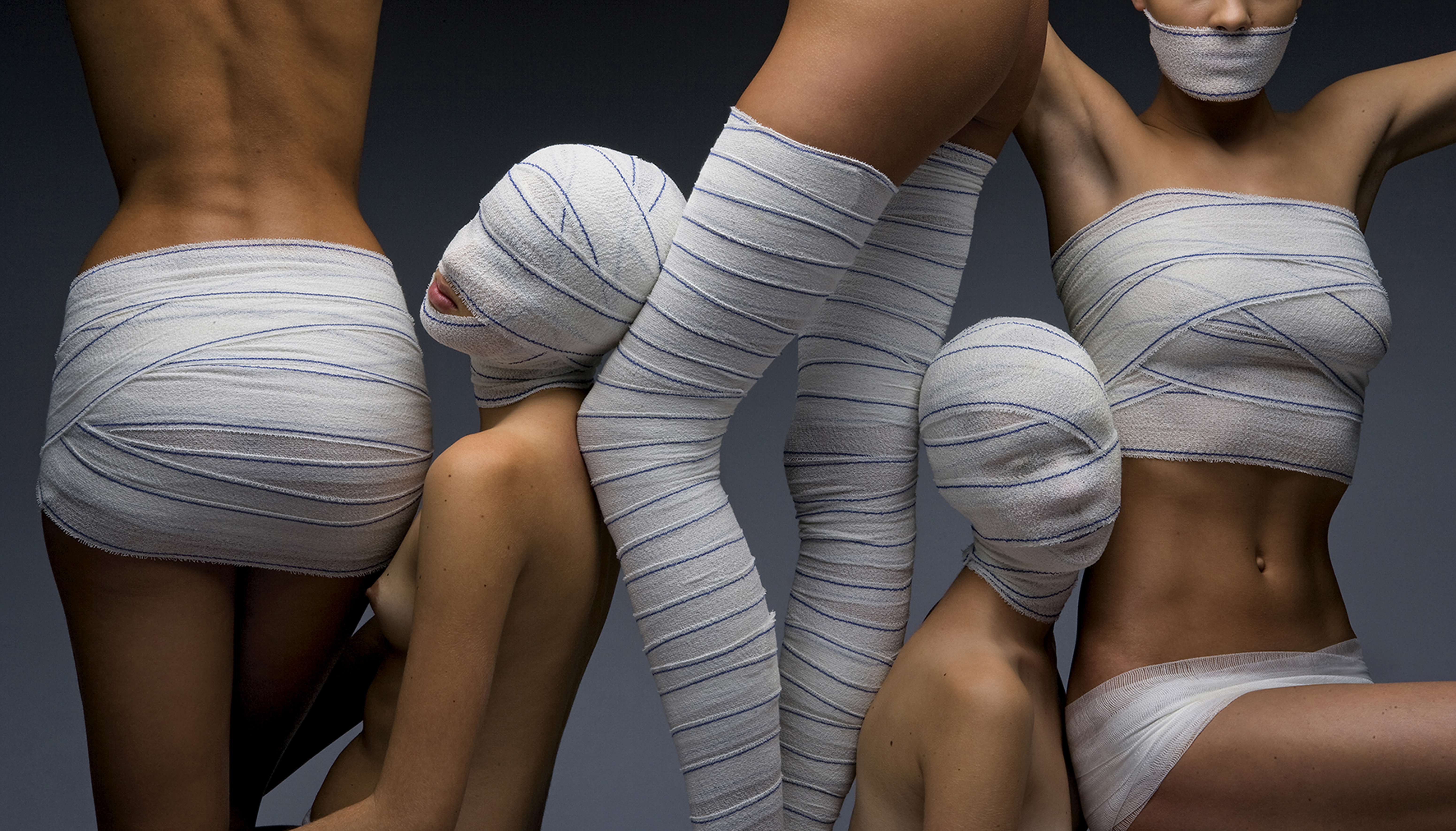
Fashion photographer Oliviero Toscani turned 80 this year. Best known for his powerful photographs for Benetton, the Italian photographer has become synonymous for creating images that are designed to shock - and to provoke political debate.
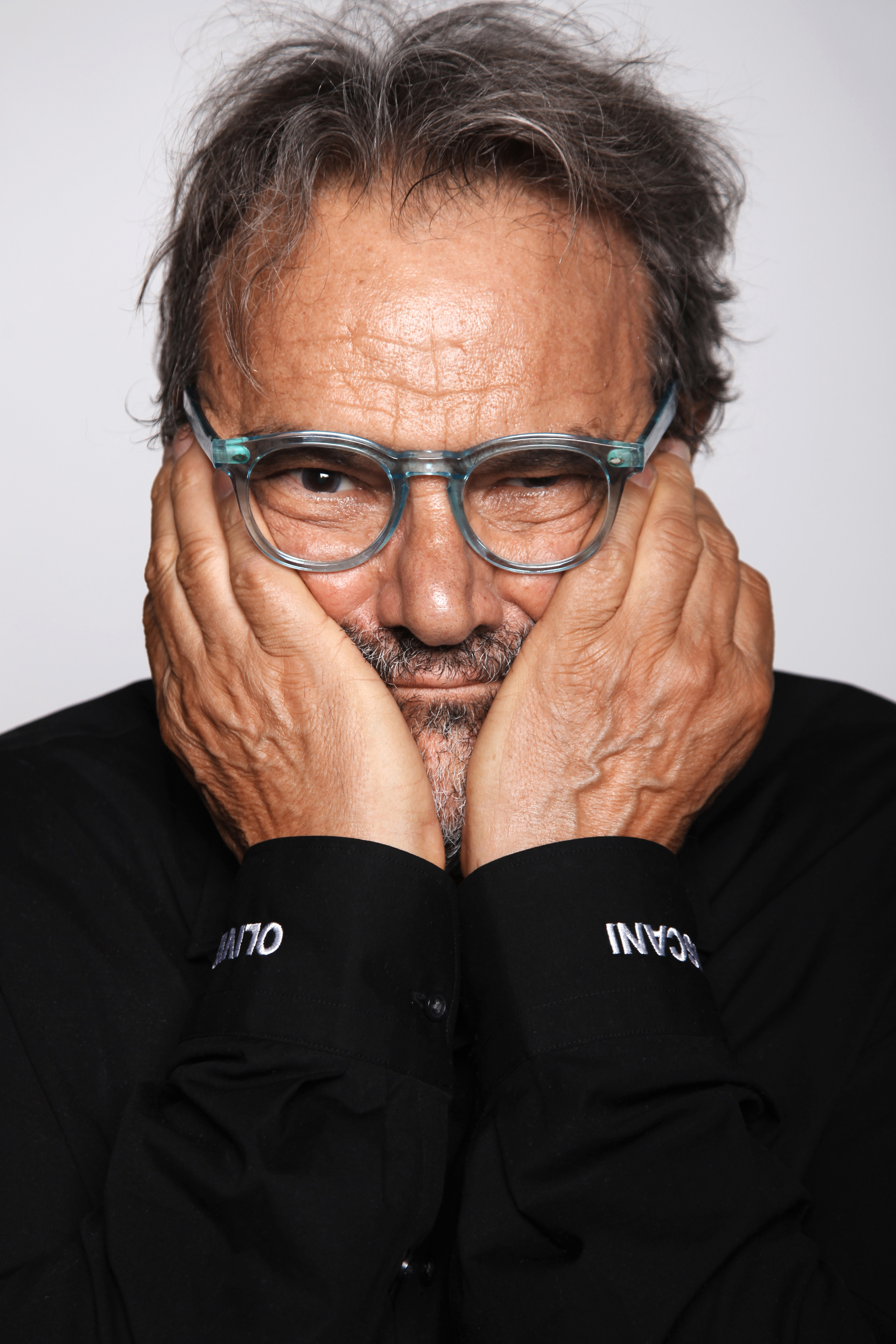
• OLIVIERO TOSCANI. 80 anni da situazionista
until 4 September, 2022
Palazzo Albergati, Bologna, Italy
• OLIVIERO TOSCANI. Professione fotografo
until 25 September, 2022
Palazzo Reale, Milan, Italy
To celebrate the life of one of Italy's best-known photographer, Toscani's work is currently on show in two exhibitions in Bologna and Milan. The shows remind us of all he’s broken: the Benetton campaigns featuring dying AIDS sufferers and death-row inmates, the Jesus Jeans advert accompanied by the Biblical phrase, ‘Those who love me will follow me,’ and the book’s cover picture of a nun and a priest sharing a kiss – not to mention the anorexic model, the copulating horses, and the many genitals.
As Benetton’s creative director from 1982 to 2000, and then reprised from 2017, Toscani has been credited with helping the brand to achieve global success. But his desire to challenge the status quo with sociopolitical messages has also won him a lawsuit from the state of Missouri, a great deal of disapproval from the Catholic Church, and general criticism for using sensitive issues to sell clothes.
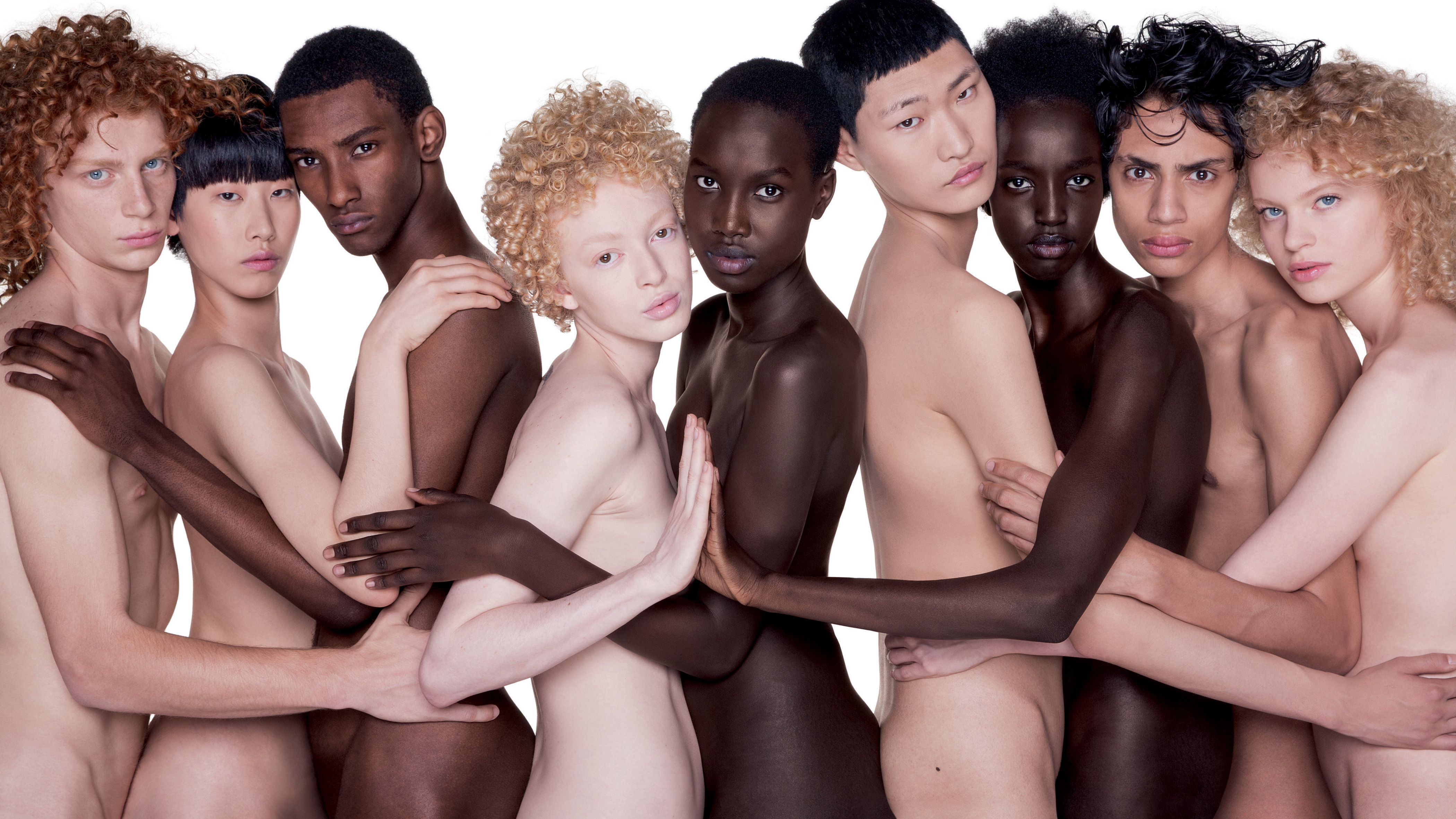
To mark his birthday, and the exhibitions, we are running below an interview published in Professional Photography in 2016, when Toscani was just 73 years old - but still going strong - and had just published his book "More than fifty years of magnificent failures", and was talking to Kathrine Anker…
Toscani in conversation
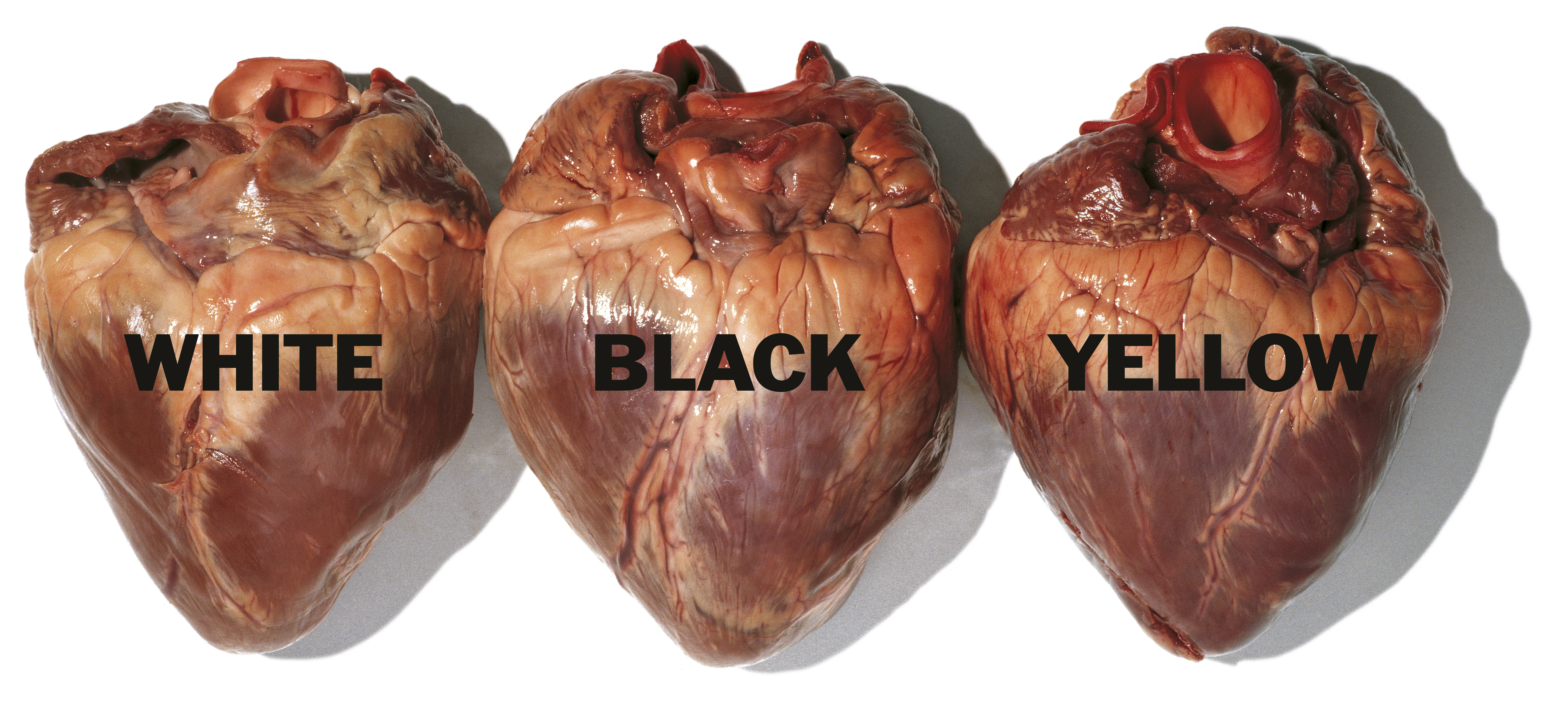
What’s your biggest ‘magnificent failure’?
“My greatest failure was listening to people who said ‘Oliviero, isn’t that too much?’ You should never listen to those people, to that sort of mediocrity. Too much of what? It’s like Emperor Joseph II telling Mozart there were too many notes.”
Have there been any campaigns that, in hindsight, were too provocative?
Get the Digital Camera World Newsletter
The best camera deals, reviews, product advice, and unmissable photography news, direct to your inbox!
“What do you mean, too provocative? What’s the limit? Limit for what? Who decides that? What is ‘too much’? When a picture is interesting, it’s controversial. Controversy belongs to art; provocation belongs to art. I wish every picture would provoke an interest. As with other forms of art, if it doesn’t provoke, it makes no sense to make it.”
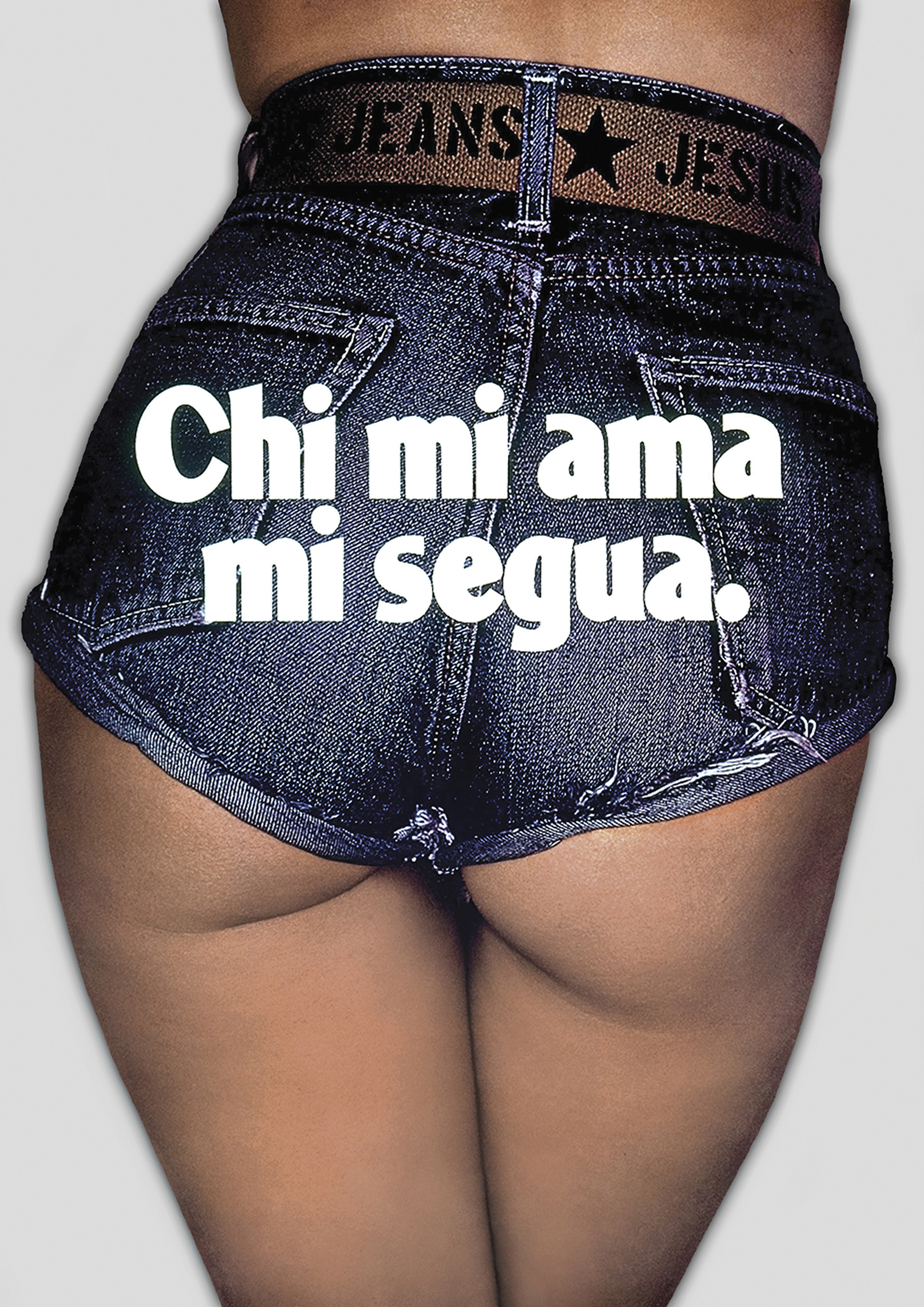
How did you select the images?
“I’ve got a bad archive. I’ve never kept stuff. I’ve lost a lot of work because of that. It’s a choice – managing your archive takes a long time, and I don’t like to waste time looking back. So a lot of the images in the book are straight from the magazines; images that have been printed and used with typography and everything, because those files were kept. It’s fitting, though – I’m not the type of artist who makes art that you put on the wall. I hate that. When a picture doesn’t sell anything, it’s not useful.”
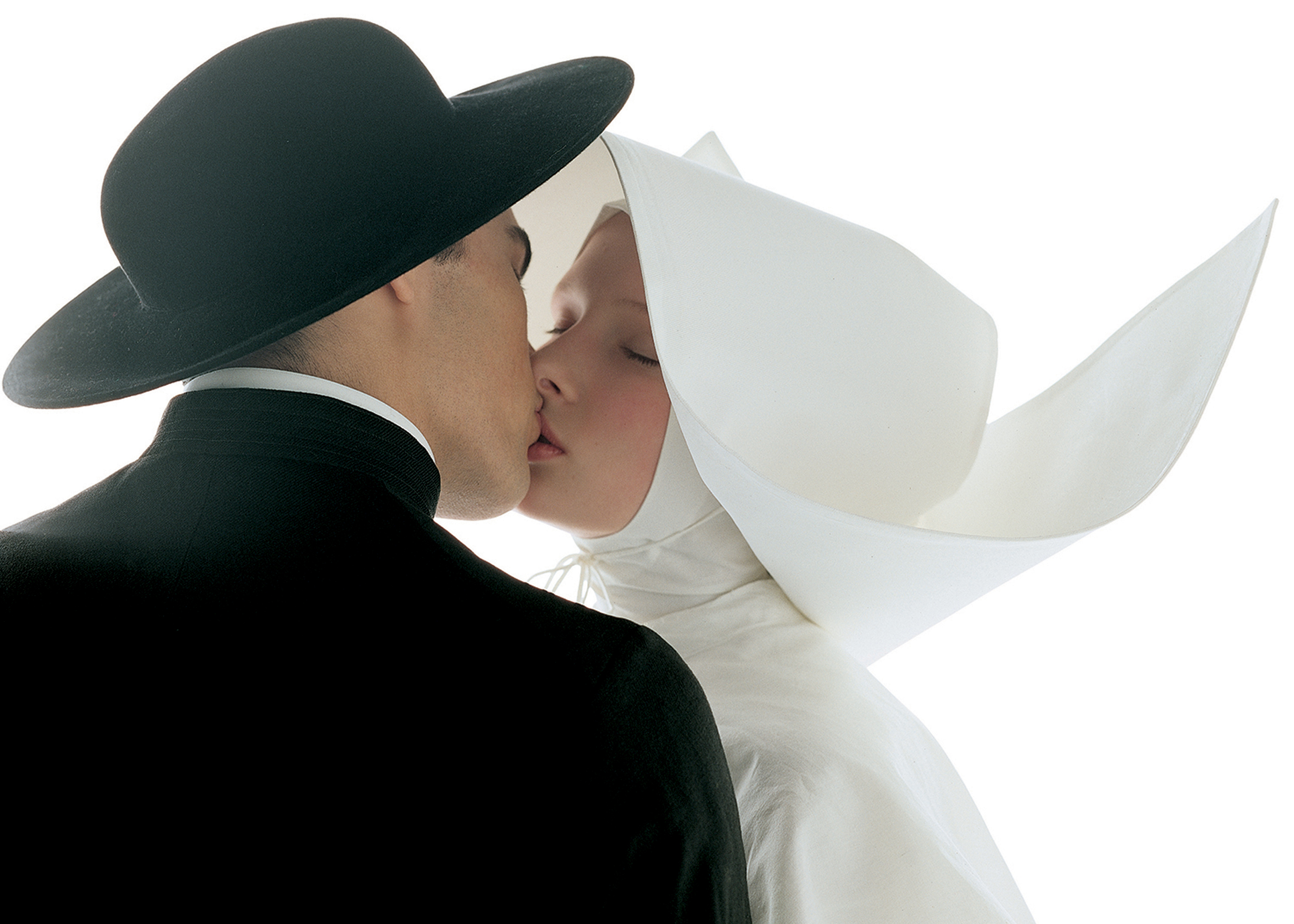
What do you think of fashion images these days?
“The fashion world is a marketing world now. It’s just about products. It has no sociopolitical meaning. It’s just about selling products. The fashion magazines are boring; the models are sad; nobody’s laughing. The fashion world is a dreary place to be.
Women are much more intelligent than these magazines. If a young girl looks at a magazine and thinks, ‘I’ll never be like that,’ she will suffer complexes. The fashion world discriminates a lot. It’s really sad that magazines promote anorexia, discrimination, complexes and isolation to the women looking at the pictures in the magazines.”
What are you doing at the moment?
“I’ve just finished working on the Christmas issue of Elle, and will be working on other Elle assignments in the coming days.
I do a lot of editorial, but I also do jobs where I create the whole image for a company, not just the photography. I design logos, and I’ve got a couple of graphic designers working for me.
It’s about the coordination of an image, not just the photography. It’s also writing. We even wrote a ‘company anthem’ for Roleski, a Polish company that makes relish and sauces. I also collaborate with the people who used to do Colors magazine with me. For every project, I put together the team that will do the right job.”
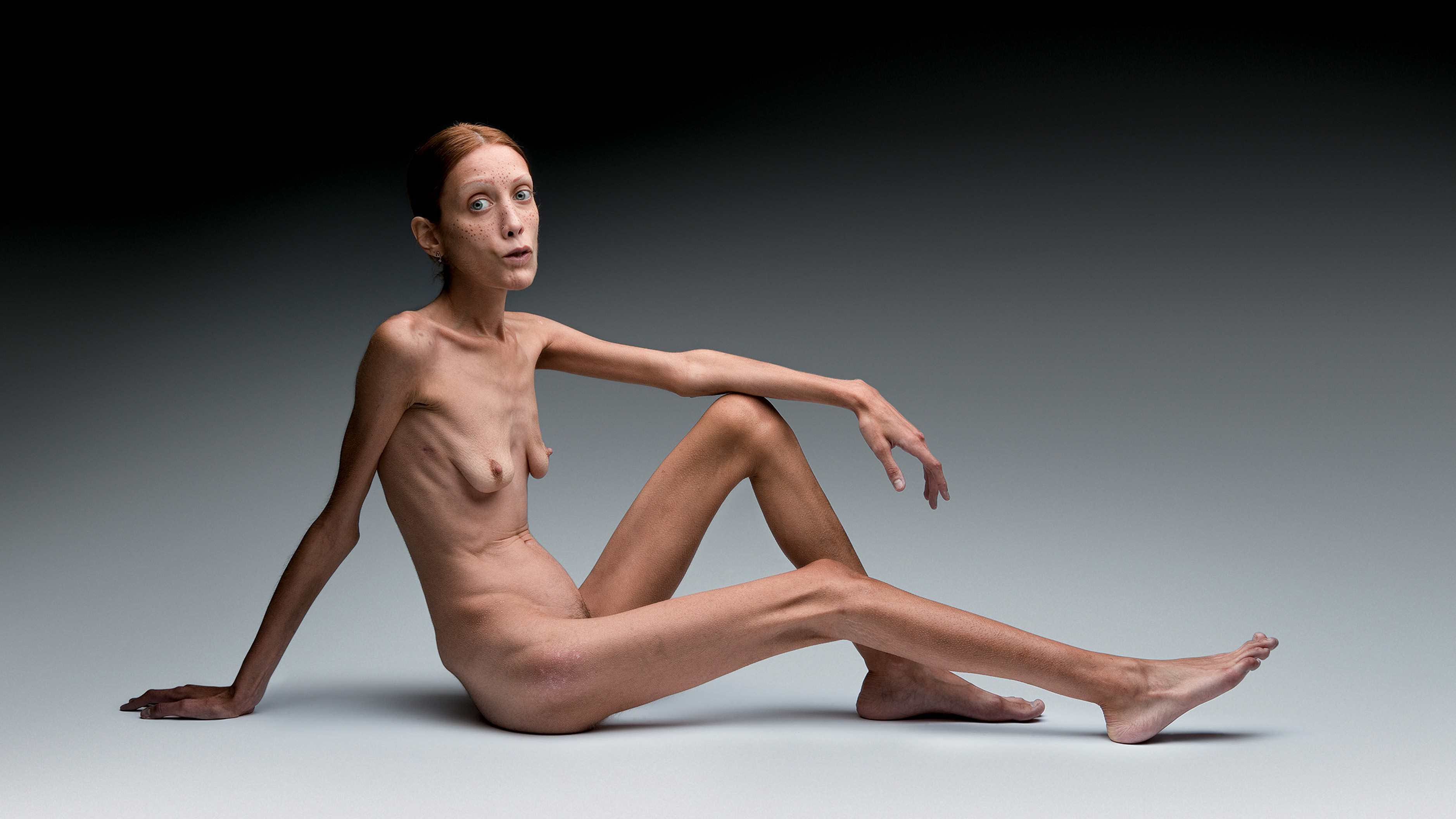
What’s your approach to photography?
“People say, ‘I’m passionate about photography.’ I don’t care about photography, in a way. My father was a photographer; my sister as well. People like photography like they like to go jogging. I don’t jog. When I run, I run because I have to go somewhere. I don’t photograph for the sake of photography.
I actually find photography to be very limiting and old-fashioned technology. So I use photography to express what I see, the way I see it. The camera paraphernalia doesn’t interest me. I can handle it easily, I’ve got good education on the subject.
No camera scares me, but it’s a disturbance because it’s a filter between me and the reality. But I need it to record what I see, the way I see it. But I try not to put my camera in front of my eyes – I try to put it behind my head, if that makes sense.”
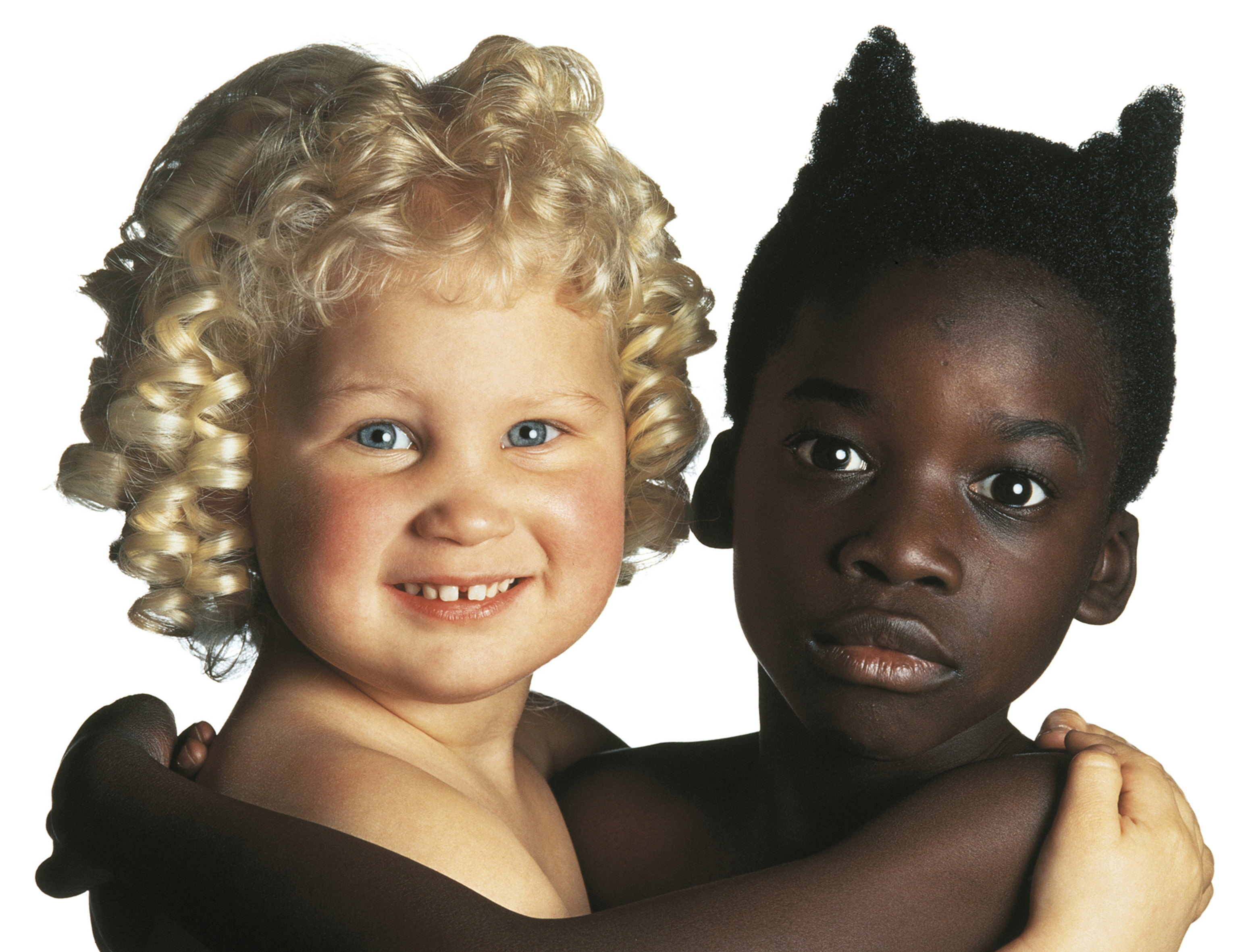
How would you like to be remembered?
“I don’t care. I won’t remember when I’m dead, so who cares? I belong to a generation that was really lucky. I’ve been through some interesting times.
I consider myself to be the most privileged and lucky person I’ve ever met in my life. I’m not embarrassed to say that. Some people struggle to survive physically and mentally, whereas I’ve got a huge, healthy family. I’m 73 and healthy; everything works. We should look around and not complain too much.
I’m also lucky because I’m not lazy. Nowadays, there’s an inertia, brought about by all the technology. People get carried away with technology, and they no longer choose to take the time to imagine. Imagination has nothing to do with technology. It’s the imagination that goes into the image. People use technology and Photoshop to fill in what they’re lacking in talent. People are incredibly lazy and spoilt. Few people make an effort. I get a lot of young people coming up to me, wanting to show me their portfolios. So I tell them, ‘Okay, fine.
Come tomorrow morning at 5am.’ But that’s too early for most of them to bother. It happened only once that someone actually came at 5am. That’s proof of commitment. I really liked him.”
Are you going to retire?
“Retire from what? I’ve been privileged; I will die working. Work is my hobby. I do other things – I breed horses; I produce wine. All of this belongs to a certain mentality, a curiosity of life.”
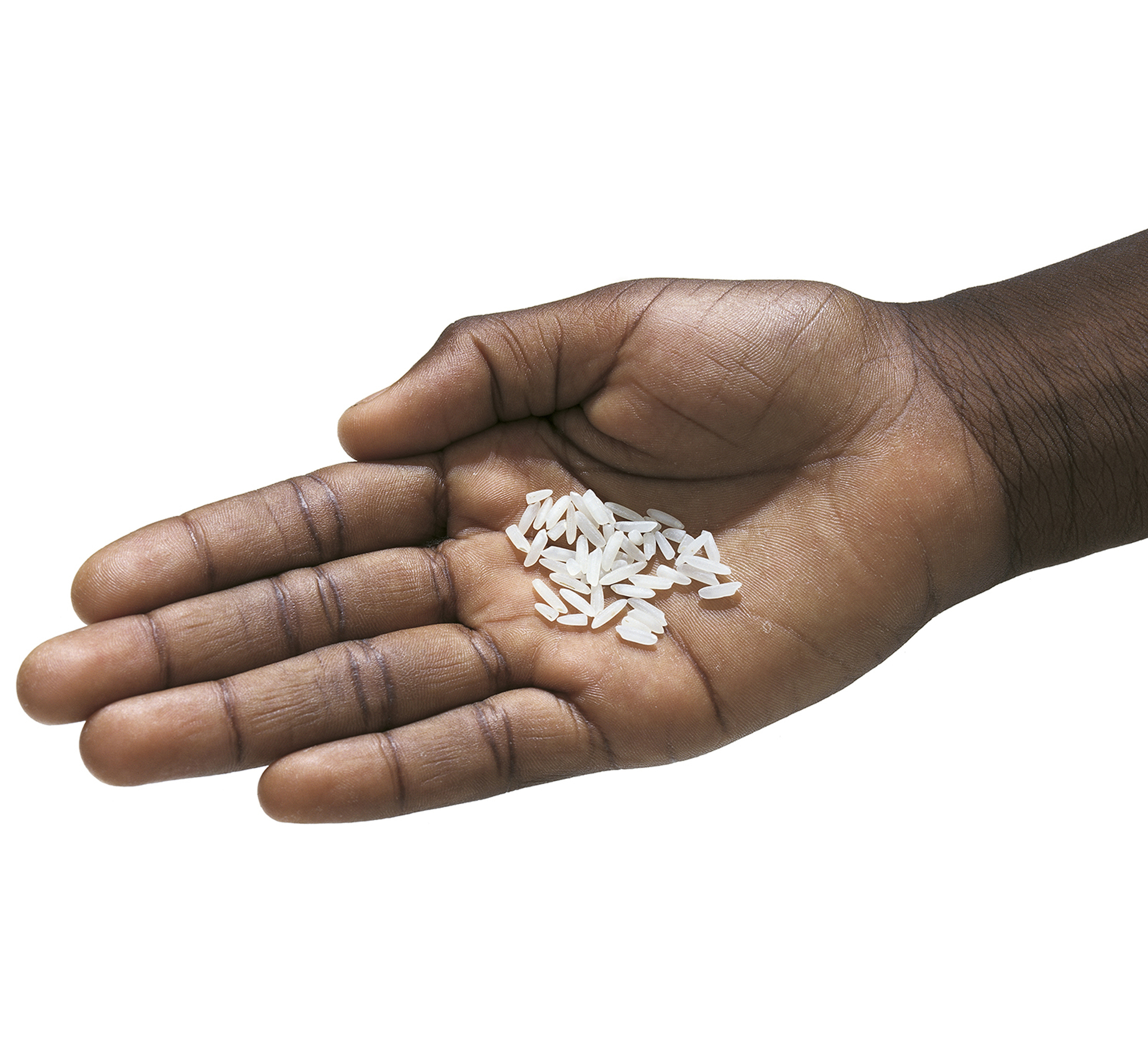
What annoys you?
“I never liked the word ‘shooting’. I say ‘photographing’.
It sounds so stupid, ‘shooting’. This American way of considering photography. They like to shoot. Why shooting?
I don’t understand. They’re not photographers – they’re snipers. That’s something I really stress. I never shoot a picture,
I photograph. You know who shoots? Bad photographers.
The shooters are the ones that need Photoshop to save their mediocre pictures. There are film directors – and shooters. There are photographers – and shooters. I’m serious. There are those who photograph, and those who shoot. You don’t have to think much to shoot. To photograph, you have to think.”
What are your plans for the future?
“There are a lot of concepts I’d still like to express. My project of the human race is still going on. I have a lot of projects still going on. I’m also doing a programme on TV about photography. It’s early days, but the concept is that 95 per cent of what we know, we know through photography. We have to be aware of that. We know reality through images. So I ask, are photographers intelligent enough, talented enough, educated enough, to have such a responsibility to be the witnesses of what’s going on in the world? I don’t think the ‘shooters’ have got the talent. Photographers are mostly uneducated. Most of them didn’t even go to school.”
You were in Paris during the 2015 terror strikes. What did you experience?
“I was working about a kilometre from where one of the attacks happened. I had been in a restaurant and was waiting for a taxi when I heard the sirens and saw 40 police officers running. The noise of the sirens was so loud. The taxi came and the driver told me there were shootings, and he wouldn’t go through a certain area. That’s when I realized what was going on. The news lies to make it dramatic. People were jogging the day after. People say it’s a war, but it’s not. It’s a social cancer. We’re not civilized yet. We took centuries to get where we are now. It’s not that long ago that we used to carry around weapons. We may have evolved slightly, but we’re still not civilized yet.”
Kathrine has been working as a professional journalist for 12 years, and her clients have included Professional Photography, Nikon Pro, Canon, The Daily Telegraph, Professional Photography magazine, Phaidon, World Photography Organisation, Black and White Photography magazine, and The Ecologist. Danish clients include Politiken, Digital Foto, and Berlingske.
